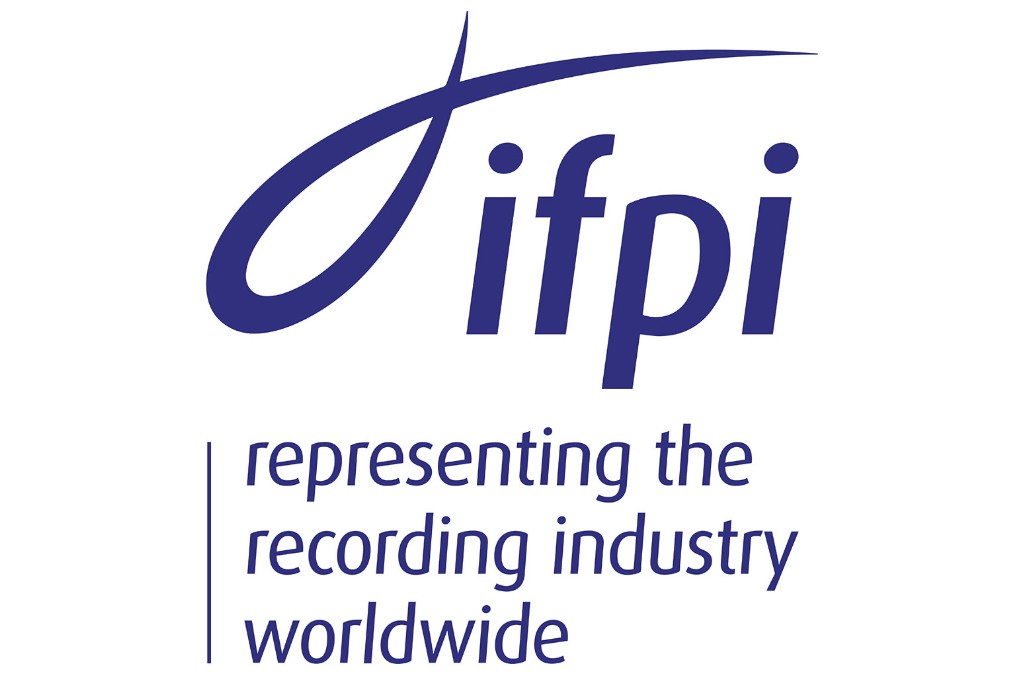Angela Ndambuki, a lawyer specializing in intellectual property, will lead the office in Nairobi, Kenya.
The IFPI has opened an office in Kenya, its first regional outpost in Africa, at a time when major labels and streaming platforms are increasing their focus on the continent’s music potential.
To head the office, which is based in Nairobi, the London-based organization named Angela Ndambuki, a Kenyan-born lawyer and intellectual property specialist who co-founded the Performers Rights Society of Kenya (PRISK), after she had a career as a member of the all-girl group Tattu.
Ndambuki will be tasked with promoting the music industry and improving data reporting in a fast-growing region of the world which still suffers from extensive piracy and a patchwork of largely ineffective collecting societies. The new office “will enable us to better champion issues affecting the local recording industry and support the further development of the music market in these countries,” Frances More, IFPI’s CEO, said in a statement.
For her part, Ndambuki sees her mission as “strengthening the copyright industry in [Sub-Saharan Africa], both in policy and operations, especially in light of the Africa Free Trade Area.” So far, 28 countries have ratified the pact, which 54 African nations pledged to join in 2018.
African countries face significant copyright challenges, including in South Africa, where an updated copyright law, still unsigned by the president, has faced criticism from the artist community for favoring fair-use exceptions that stand to benefit large tech companies like Google.
Yet amid moves by streaming companies to expand in the region, including Boomplay, Spotify and Deezer, music revenues are growing. In 2019, recorded music industry revenues for Africa and the Middle East grew by 15.9% from 2018 to $101 million, according to IFPI’s recently released Global Music Report.
Lately, the music industry has made a series of investments in Africa, a continent with a population of 1.3 billion. In late April, Apple Music announced its expansion into 25 African countries, while Warner Music Group partnered with Africori, a South Africa-based digital distributor. Universal Music Group said last month that it was launching Def Jam Africa, after inking a joint-venture deal with Nigeria’s Aristokrat Group.
IFPI, for its part, organized its first meeting in Nairobi last year seeking to deepen the relationship with music licensing companies and record labels in Africa from various countries, including Kenya, Nigeria, Uganda, South Africa, Botswana and Ghana. The meeting sought to create a platform for the sharing, promotion and implementation of industry good practices, and continue the dialogue between IFPI, African MLCs and record labels, IPFI says.
After a career as a performer, Ndambuki helped set up PRISK in 2009. In 2012 she was named CEO of the organization, which represents performers in copyright and related rights work, serving in the role until 2017. Most recently, she served briefly as CEO of the Kenya National Chamber of Commerce and Industry.
Trained as a lawyer at the Kenya School of Law, she also holds a Master of Law from the University of Edinburgh. Ndambuki is an expert at the World Intellectual Property Organization (WIPO) Academy. In 2018, she was recognized among the “100 Most Reputable Africans” by Reputation Poll, a reputation management consulting company, for her various roles in advancing corporate governance, as well as intellectual and human rights interests. In 2017, Business Daily named her among Kenya’s “Top 40 Women Under 40” for her role in policy and advocacy in trade facilitation and intellectual property rights in Kenya. She also serves as the vice-chairperson of the Kenya Association of Music Producers.
While Nairobi will be its first official office in Africa, IFPI also works closely with affiliated national groups in 56 countries, including the Recording Industry of South Africa (RiSA).


